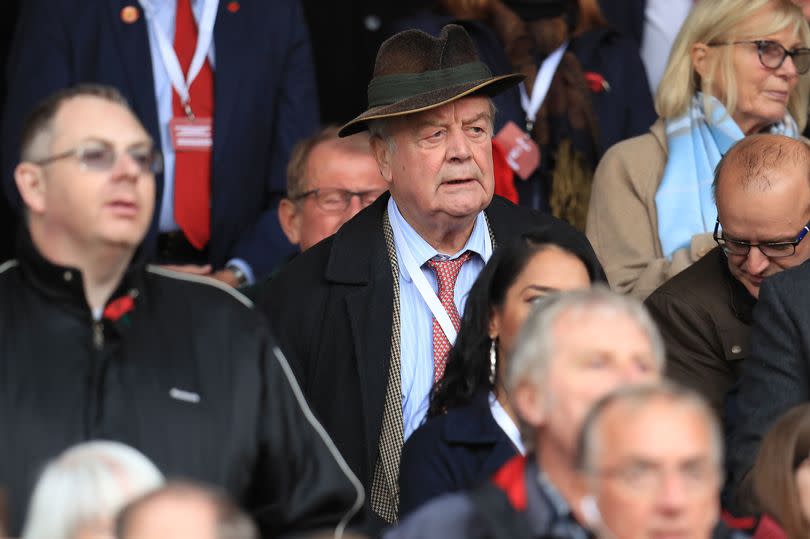Ken Clarke criticised as "combative" and "misleading" in blood inquiry report

Former Nottinghamshire MP Ken Clarke has been criticised in the Infected Blood Inquiry report for "misleading" the public as health minister and for being "combative" when giving evidence. The former Rushcliffe MP, who now sits in the House of Lords as Lord Clarke, was a key witness in the Infected Blood Inquiry given his role as a health minister from 1982 to 1985 and as health secretary from 1988 to 1990.
The infected blood scandal is the worst treatment disaster in the history of the NHS. It saw more than 30,000 people infected with HIV and hepatitis C from 1970 until 1991 due to contaminated blood products made from high-risk donors in the US.
A long-awaited report following a five-year inquiry was published on Monday (May 20) and it says patients were knowingly exposed to "unacceptable risks." The report also accuses the Government and NHS of trying to cover-up what happened.
Should there be a public inquiry into the Nottingham attacks? Let us know here
Around 3,000 people who were infected have since died and the Government is due to set out details on how surviving victims and their families will be compensated. Much of Sir Brian Langstaff's report focuses on the evidence given by Lord Clarke, who stepped down as Rushcliffe's Conservative MP in 2019 after having held the seat since 1970.
In particular, the report takes issue with comments made in the 1980s that there was "no conclusive proof" of AIDS being transmitted from the US blood products. The line was repeated by Lord Clarke as health minister in a press release and Sir Brian says in his report that while "technically correct" at that stage, the line was "indefensible."
The report says: "It did not spell out the real risk. It gave false assurances, it lacked candour and, by not telling the whole truth, it was misleading." Giving evidence during the inquiry, Lord Clarke addressed the "no conclusive proof" line by saying: "Somebody, somewhere, decided that that was the best most accurate line to take.
"It was repeatedly used by every minister. We kept repeating that because that was the scientific advice we had until it was perfectly clear to the medics that there was in fact sufficient proof... we weren't playing down that possibility.
"It seems to me... it's a perfectly accurate description of where medical opinion was at that time." The report also criticises Lord Clarke's approach to the inquiry, saying: "Lord Clarke may hold the view that nothing wrong was done, that a public inquiry serves no purpose, and that therefore those who called for one were wrong to do so.
"It is regrettable that he could not moderate his natural combative style in expressing these views." Speaking to the BBC, campaigner Clive Smith said he spent three days watching Lord Clarke give evidence and found him "patronising in the extreme."
The report also describes a "significant issue" with case records at the Queen's Medical Centre's unit for treating patients with haemophilia. A consultant who worked at the QMC from 1991 until 2015 is quoted as saying that there had been "a significant issue with case records" when he arrived in Nottingham and that "some consultations were recorded on discrete hospital out patient paper and some of these did not get filed."

 Yahoo News
Yahoo News 
